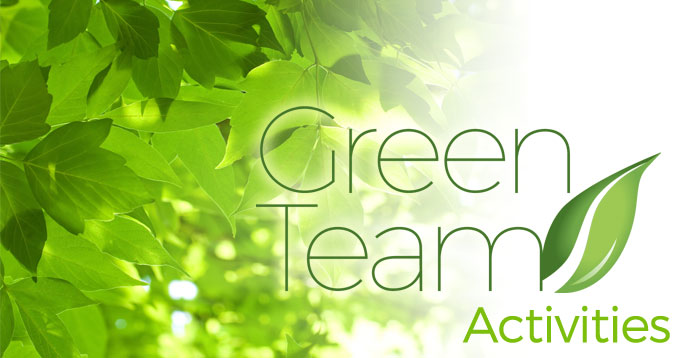
Can you recycle coffee cups or greasy pizza boxes? If you’re tossing things in the recycling bin out of sheer hope, you might be an “aspirational recycler.”
One of the areas that the Green Team has identified as a goal for our church is to reduce our waste. We have some plans that we’ll be rolling out in the months ahead, but would also love to hear from you if you have ideas about things we could be doing better!
Our current custodian, Jim Gerth, has reported to us that he finds a lot of trash in the recycling bins! We plan to improve our signage to make it easier to understand what does, and does not, belong in the recycling containers, but here is some useful information from a recent article in the New York Times.
We have all done it: a greasy pizza box, a disposable coffee cup, the odd plastic bag. Sometimes, we want things to be recyclable, so we put them in the recycling bin.
Waste managers often call this wishful or aspirational recycling. But, unfortunately, putting these objects in with the rest of the recycling can do more harm than good. While rules differ in every municipality (check your local recycling website to find out what’s acceptable), we have picked out some key offenders to keep in mind.Too many of these items will contaminate a batch of recycling. That means waste managers might not be able to find buyers for the materials — especially now that China, one of the world’s main importers of recyclable waste, has said it will reject shipments that are more than 0.5 percent impure. Contaminated loads could be sent to the landfill instead.
- Disposable Cups: Your disposable coffee cup might seem like it can be recycled, but most single-use cups are lined with a fine film of polyethylene, which makes the cups liquid-proof but also difficult and expensive to reprocess (because the materials have to be separated). Most waste management facilities will treat the cups as trash.
- Greasy pizza boxes: Pizza boxes are among the most common offenders when it comes to contamination, waste managers say. The problem is that oil often seeps into the cardboard. The oil cannot be separated from the fiber, making that material less valuable, and less marketable, to buyers. Remember, there are also two sides to a pizza box. If there’s a side that’s not oily, tear that off and recycle it.
Oily takeout containers: Even if a container is labeled correctly for recycling in your area, another contamination culprit is food residue: scraps of pad thai in a plastic tray, or those few drops of bad milk at the bottom of the jug. Washing out food scraps from recyclables can be just as important as putting the right thing in the recycling bin, said Jackie Lang, a spokeswoman for Waste Management in Oregon. You don’t have to scrub containers until they are sparkling clean — that could waste water. But too many scraps of food and liquid can contaminate a load, which could then be sent to a landfill, Ms. Lang said. As much as possible, “keep food and liquids out,” she said.- Plastic Bags: While we might wish that plastic bags — notorious for dissolving into microplastics and killing wildlife — could be sent to processors with our other recycling, they shouldn’t be. They create a nightmare for waste managers by plugging up machinery. Some areas do offer plastic bag drop-offs, which send these nonrigid plastics to special facilities for recycling.
